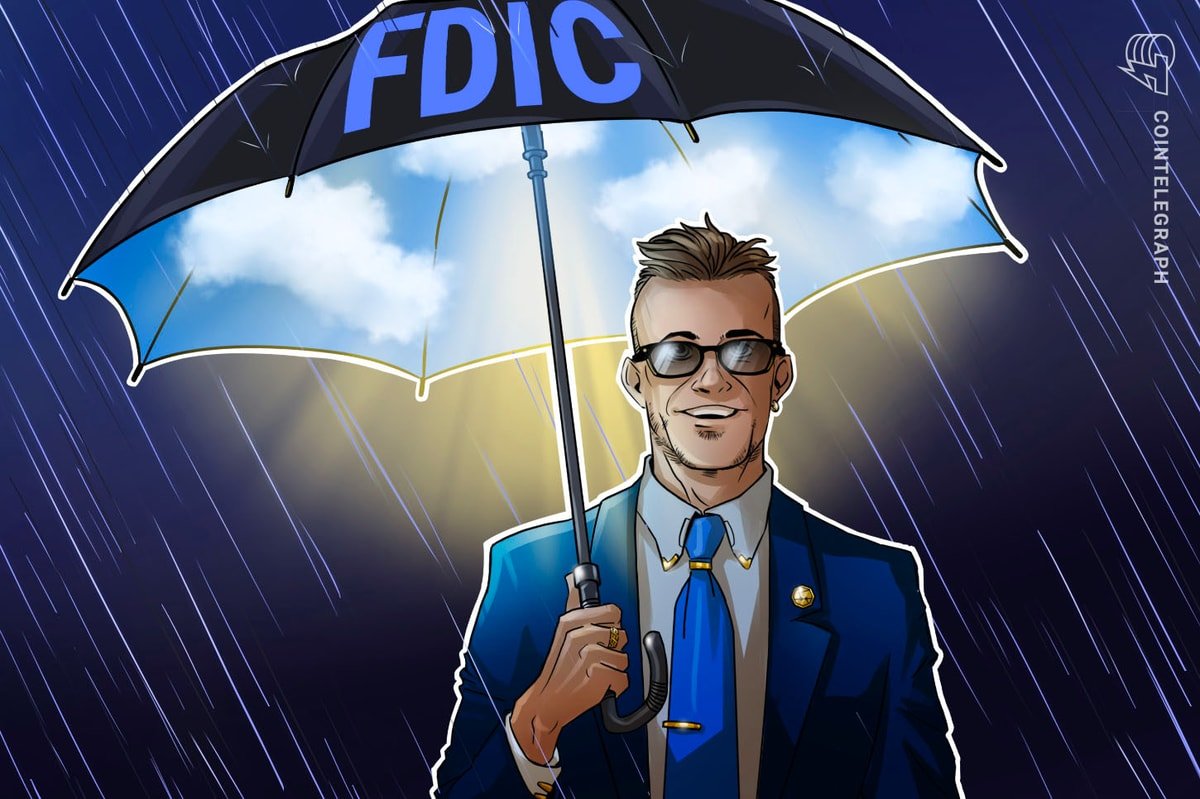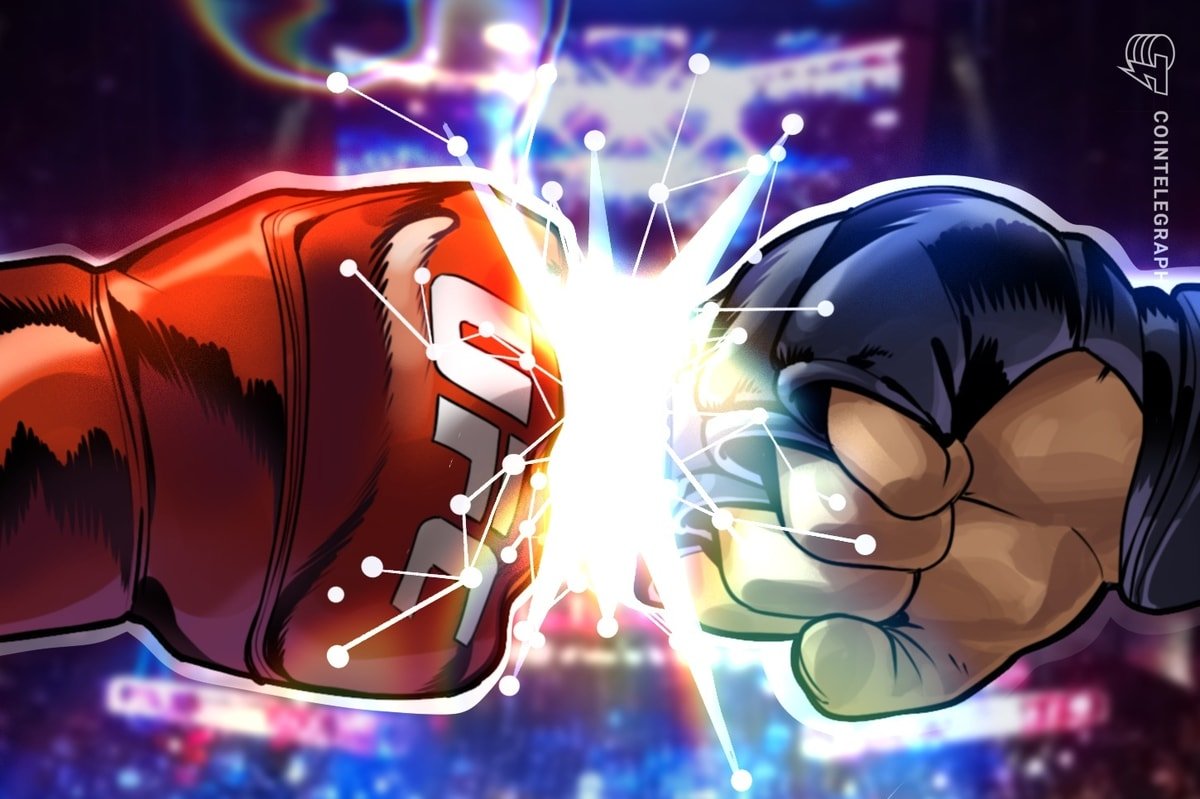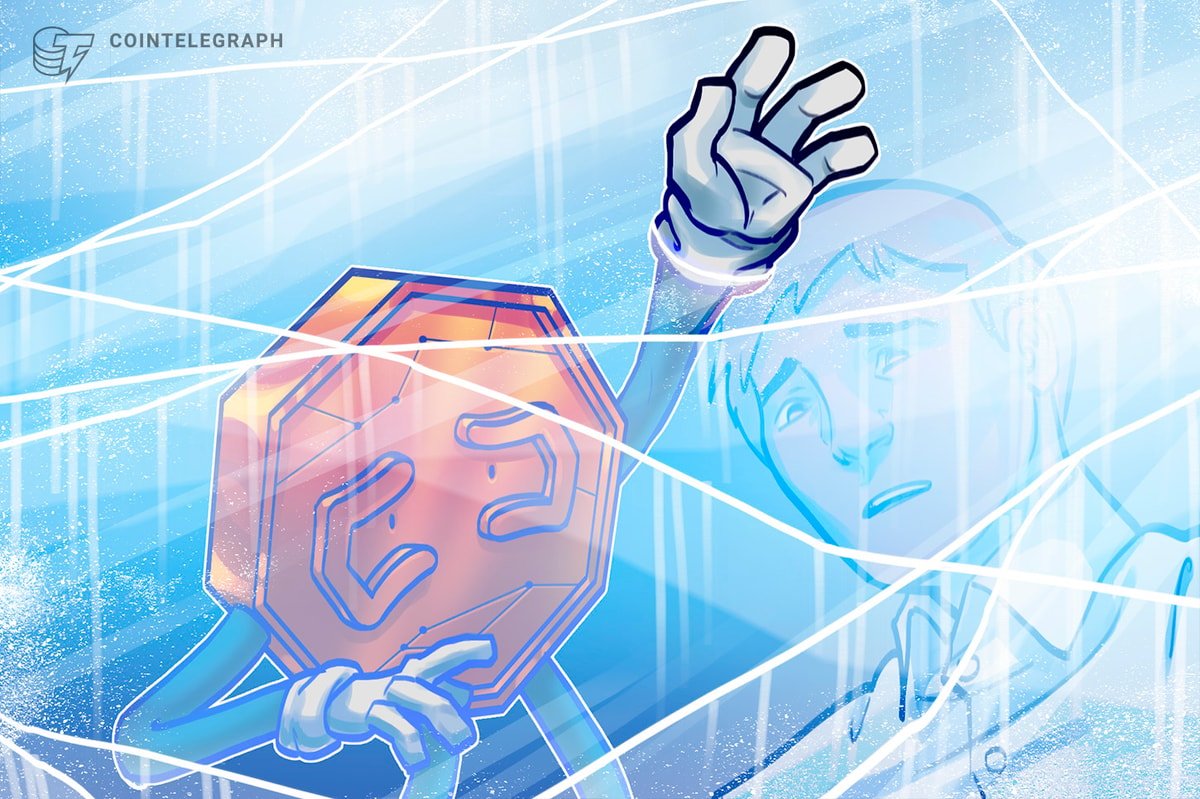Key takeaways
-
Square is enabling 4 million merchants to accept fast, low-fee Bitcoin payments through the Lightning Network.
-
The rollout turns Bitcoin into a practical checkout option with instant settlement and no processing fees until 2027.
-
Bitcoin payments can expand customer choice, cut costs and streamline cross-border transactions for online sellers.
-
Merchants must still consider volatility, compliance, irreversible payments and customer adoption before integrating Bitcoin.
Block, a payments infrastructure company led by Jack Dorsey, has introduced a Bitcoin payments platform through Square. The rollout gives Square’s US merchant network, which includes roughly 4 million businesses, the ability to accept Bitcoin (BTC), with availability expanding in phases.
This development is significant because it helps shift Bitcoin from a specialized asset mainly used for long-term holding to a practical option for everyday transactions. In online commerce, offering additional payment methods is essential for staying competitive.
This article explains how the feature works and what it means for online and omnichannel merchants. It also explores how it could affect the broader payments industry and the factors merchants should consider.
Bitcoin payments for businesses via the Lightning Network
Block presents this service as a simple and integrated Bitcoin payments and wallet solution for businesses, allowing sellers to receive payments in Bitcoin.
The process is straightforward. A Lightning invoice quick-response (QR) code is generated at checkout, the customer pays using a compatible wallet, and the funds settle promptly. This gives merchants an efficient, low-friction alternative payment method.
Key elements include:
-
Merchants can accept Bitcoin at checkout using Square’s point-of-sale system. Transactions occur via the Lightning Network, ensuring nearly instantaneous settlement.
-
No processing fees apply to Bitcoin transactions until at least 2027.
-
Merchants may choose to convert a portion of their daily card sales into Bitcoin, treating it as a form of savings or investment.
-
Settlement options allow merchants to receive funds in Bitcoin or convert them automatically to fiat currency such as the US dollar.
Did you know? Unlike traditional banking systems that close on weekends and holidays, crypto payments run continuously. This around-the-clock availability makes them ideal for global e-commerce and time-sensitive transactions.
The business case for Bitcoin payments
As digital commerce evolves, the business case for adopting Bitcoin payments centers on leveraging the speed and efficiency of the Lightning Network. It has the potential to improve the checkout experience and unlock new operational savings.
-
Expansion of payment choices: Online merchants aim to minimize obstacles at checkout and accommodate as many buyers as possible. Adding Bitcoin allows customers familiar with platforms like Coinbase to use a preferred payment method. Because Square is already integrated with millions of online sellers, implementation requires minimal additional effort.
-
Cost and settlement benefits: The Lightning Network facilitates rapid settlement. The absence of fees during the initial period may reduce overall payment costs compared with standard card fees.
-
Flexibility in finance and currency management: Merchants can retain revenue in Bitcoin if they anticipate appreciation or convert it immediately to fiat. This offers treasury versatility, particularly for businesses serving international or cryptocurrency-oriented customers.
-
Reputation and brand positioning: Accepting Bitcoin can project innovation and attract cryptocurrency enthusiasts. It may serve as a competitive advantage for online merchants. However, it also carries potential reputational risks if customers are unfamiliar with cryptocurrency or concerned about price volatility.
Did you know? While card payments may take one to three days to settle, Bitcoin Lightning and stablecoins can settle in seconds. This speed helps merchants avoid cash-flow delays, reduce chargeback issues and gain immediate access to working capital.
How this platform could shape online payments
Designed to handle conversions efficiently, Square’s solution might encourage earlier adoption, particularly among small and medium-sized businesses. Traditional card networks may face increased competition as merchants explore alternatives.
Cryptocurrency networks operate globally and reduce reliance on intermediaries, potentially lowering foreign exchange costs. They also accelerate settlement for merchants with international customers. Simplified cross-border Bitcoin payments could open access to new markets.
Integration with Square’s platform provides unified reporting across cryptocurrency and fiat transactions, improving analytics, reconciliation and operational efficiency. Future developments might include subscription services, loyalty programs and invoicing built on cryptocurrency infrastructure.
What merchants need to consider
Before adopting Bitcoin payments, merchants need to weigh several factors to ensure a seamless and sustainable transition to crypto-based transactions.
-
Price volatility and settlement decisions: Holding Bitcoin exposes merchants to market fluctuations. A sharp decline in price could harm profitability, particularly for businesses with narrow margins. Merchants must decide whether to hold Bitcoin or opt for immediate settlement.
-
Regulatory and tax requirements: Cryptocurrency transactions involve evolving regulations. Merchants may face complex accounting, increased tax reporting and added compliance obligations, especially in cross-border operations.
-
Customer acceptance and experience: Success depends on customers’ willingness to use Bitcoin. Merchants must ensure a seamless checkout process and strong customer support. Customers may have questions about wallet compatibility and transaction clarity.
-
Irreversible Bitcoin transactions: Bitcoin transactions are irreversible unlike card payments that permit chargebacks. Merchants must establish clear refund policies and manage a different risk profile while ensuring smooth integration.
Did you know? The Lightning Network was designed for instant, low-cost payments, making Bitcoin practical for everything from online shopping to streaming-based pay-per-use services.
A catalyst for change in the merchant payments sector
Block’s introduction of Bitcoin payments through Square has the potential to change how online and omnichannel merchants handle payments. By offering near-instant settlement via the Lightning Network and fee-free processing during the initial period, Square provides a credible alternative to traditional methods.
However, success with Bitcoin payments requires careful consideration of customer preferences, volatility risks, regulatory obligations and operational readiness. Merchants who adopt this option strategically may gain competitive advantages, including access to new markets, reduced costs and greater global reach. For many businesses, accepting Bitcoin may soon shift from an optional feature to a key strategic decision.
This article does not contain investment advice or recommendations. Every investment and trading move involves risk, and readers should conduct their own research when making a decision.














Leave a Reply